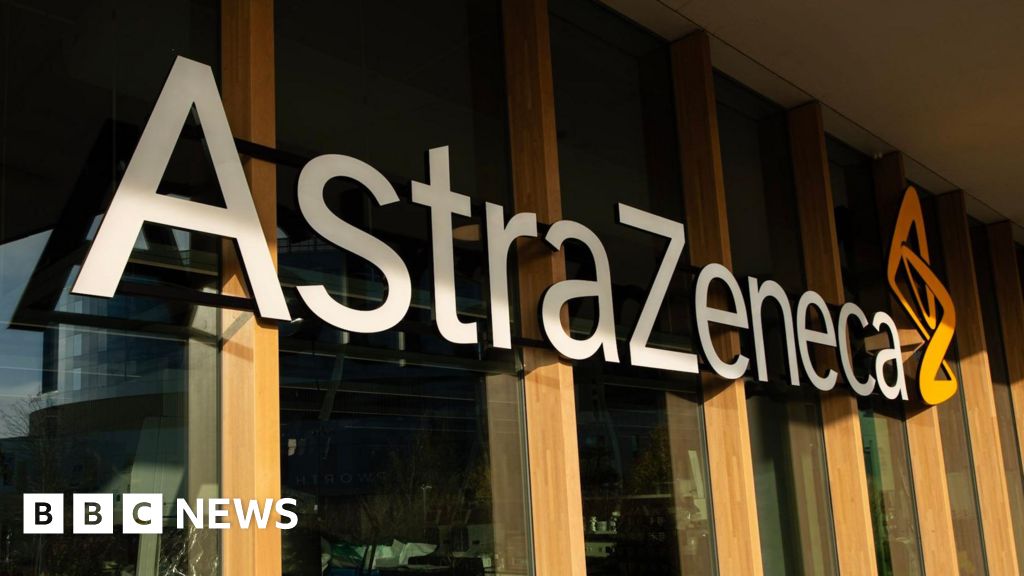
 Getty Images
Getty Images
More than half of the tax rises in the Budget will be paid for by businesses, with a hike in the amount employers pay in National Insurance to generate £25bn.
Chancellor Rachel Reeves has decided firms will bear the brunt of her £40bn total tax rise by increasing the National Insurance rate as well as reducing the threshold that employers start paying it at.
Smaller businesses were offered some exemptions or relief on National Insurance, but businesses overall face having to pay higher minimum wages, higher business rates, as well as the cost of bringing in more workers' rights under a new law .
Reeves admitted the rise in National Insurance hike was a "difficult" choice, but said it was the right decision.
Ahead of the Budget, businesses, particularly smaller ones, warned such costs could leave them less spare cash to hire staff or offer pay rises - and ultimately impact the government's goal of growing the UK economy.
Reeves said the "only way" to drive growth was through investment and warned "there are no shortcuts".
National Insurance Contributions is a tax paid by employers on top of the wages they pay out. It is the largest revenue generator of the Budget, totalling £25bn of the £40bn tax bill raised by the chancellor.
"We are asking business to contribute more," said Reeves. "I know that there will be impacts of this measure felt beyond businesses."
Businesses come in all shapes and sizes, meaning the impact of the choices made by the chancellor in her Budget will affect them differently.
Kate Nicholls, chief executive of UK Hospitality, said the tax rises would be a "brake on growth" for the UK.
"Businesses on paper-thin margins are already grappling with big increases in employment costs - we are seeing jobs and hours cut, investment slashed and business viability undermined as well as prices going up," she said.
What are the higher costs facing businesses?
The government has pledged to be "pro-business" and has put growing the UK economy, in order to boost living standards, as its main goal.
But businesses have warned placing the tax burden on them will make investing, hiring staff and creating jobs, harder - and ultimately hit growth.
There are also concerns how tax rises on businesses can affect the workers they employ.
In some cases, companies could pass on the increased costs they face through higher prices to customers, however, workers' wage rises could be restricted as employers look for savings.
The rise in National Insurance could also have an impact on other tax revenues, for instance if it results in smaller wage rises. If businesses absorb the extra costs, profits could be lower and the amount they pay in corporation tax could be less.
Big, multinational corporations, are likely to be able to take on and absorb the extra costs, but smaller, independent companies, are to be hit harder by tax rises.

 Movie
Movie 3 months ago
63
3 months ago
63 



![Presidents Day Weekend Car Sales [2021 Edition] Presidents Day Weekend Car Sales [2021 Edition]](https://www.findthebestcarprice.com/wp-content/uploads/Presidents-Day-Weekend-car-sales.jpg)



 English (United States)
English (United States)